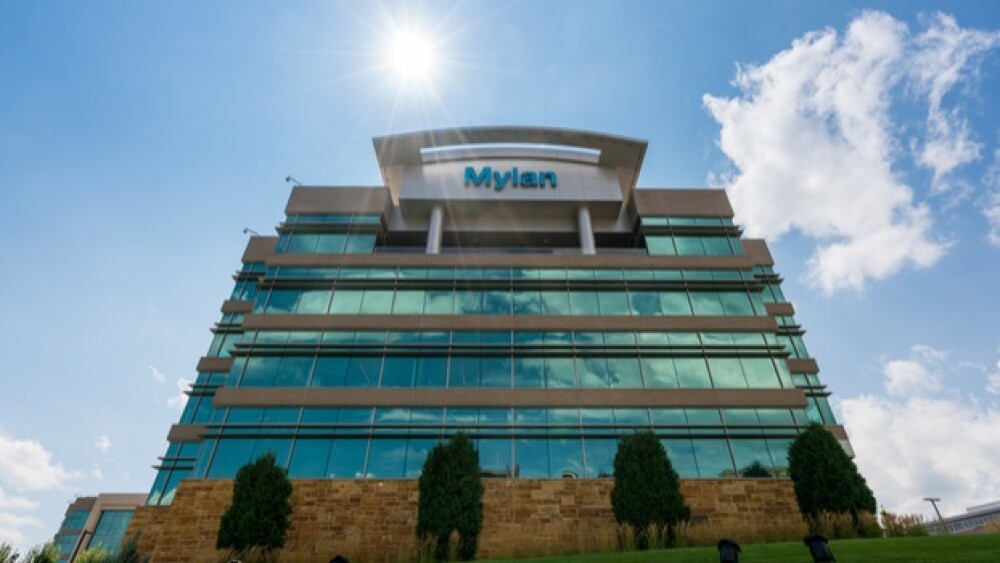In a brief statement, Mylan reported that the U.S. Food and Drug Administration (FDA) had informed the company that its Generic Advair Diskus had “minor deficiencies” that would be in a Complete Response Letter.
Steve Heap / Shutterstock
In a brief statement, Mylan reported that the U.S. Food and Drug Administration (FDA) had informed the company that its Generic Advair Diskus had “minor deficiencies” that would be in a Complete Response Letter it would send on June 27, 2018. The company stated further, “Because our Abbreviated New Drug Application has received a priority designation, our approval could be received prior to the standard 90-day time period following the date of our response to the Complete Response Letter.”
Mylan’s product is a generic version ofGlaxoSmithKline’s Advair. CNBC notes, “The FDA has declined to approve several Advair knock-offs in the past from drugmakers including Novartis Hikma Pharmaceuticals, and Mylan itself, whose generic was rejected last year.”
“I don’t think this comes as a big surprise … people realize these are all very difficult-to-make products and they’re going to go through a couple of rounds at the FDA,” Ami Fadia, an analyst with Leerink, told Reuters. “They (Mylan) will actually still be at least one year ahead of competition if they got approval this year.”
In 2017, GSK reported $4.19 million in revenue off Advair.
On June 4, the FDA approved Mylan and BioCon’s Fulphila (pegfilgrastim-jmdb), a biosimilar to Amgen’s Neulasta. Neulasta is used to boost white blood counts, particularly in patients receiving chemotherapy for cancer. Fulphila was approved to reduce the duration of febrile neutropenia, which is fever or other signs of infection with a low neutrophil count, in patients treated with chemotherapy. It is the first FDA-approved biosimilar to Neulasta.
A biosimilar is like a generic version of a biologic therapy. While a generic is a direct copycat of a drug, a biosimilar is “similar” to a biologic, but not a direct copycat. As a result, it has to undergo trials and an approval process similar to that of an original branded drug.
“Today’s approval of Fulphila represents a meaningful step forward in the affordability and accessibility of cancer care in the U.S.” said Rajiv Malik, Mylan’s president, in a statement in May. “It also is yet another confirmation of Mylan’s deep scientific, clinical, regulatory and intellectual property capabilities, which are widely recognized in the industry and bolster Mylan’s reputation as a partner of choice in the global effort to bring complex medicines to market. The approval of Fulphila, the first biosimilar to Neulasta, joins other recent examples such as the approval of Ogivri, the first biosimilar to Herceptin, in the growing portfolio of complex medicines that Mylan is making available for patients who need them. We’re pleased to reach this important milestone in partnership with Biocon and proud of the progress of our biosimialrs program. We look forward to launching Fulphila and continuing to increase access to more affordable treatments.”
Neulasta brought in $4.2 billion for Amgen from March 31, 2017 to March 31, 2018.
In a statement about the approval, Scott Gottlieb, FDA Commissioner, said, “Bringing new biosimilars to patients is a top priority for the FDA, and a key part of our efforts to help promote competition that can reduce drug costs and promote access. We’ll continue to prioritize reviews of these products to help ensure that biosimilar medications are brought to the market efficiently and through a process that makes certain that these new medicines meet the FDA’s rigorous standard for approval.”





